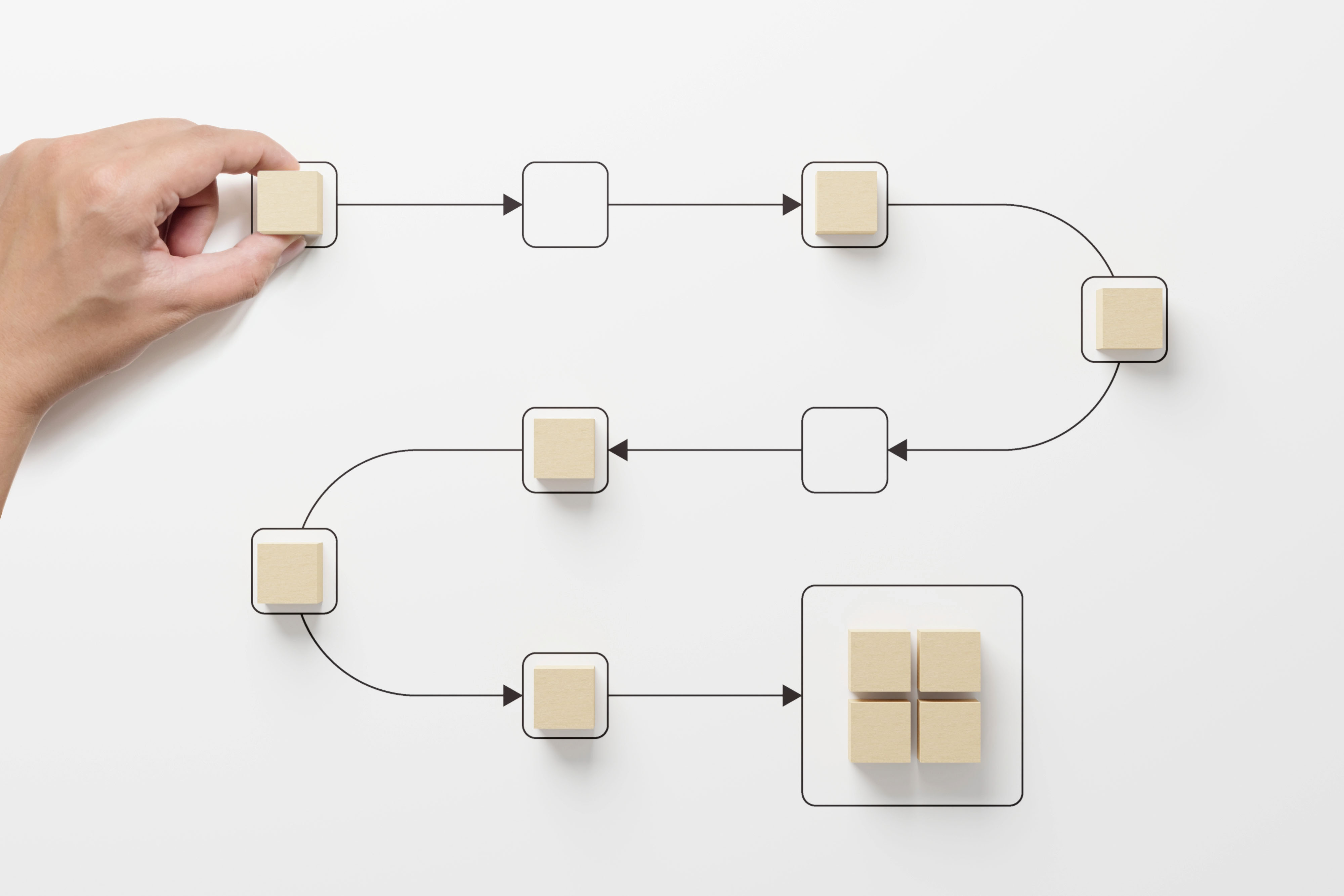Question: How do you ensure your employees have a, “Friday” feeling that lasts all week?
Answer: Ensure your employees feel their job, ‘is less like work.’
A Gallup, ‘State of the Global Workplace,’ report has found that one of the best ways to unleash employees’ potential is to build a strengths-based workplace.
If employees use their strengths on the job, they are more likely to be intrinsically motivated by their work. Employees that feel intrinsically motivated, typically feel that their job, “feels less like work.”
Leaders and managers can begin to build a strengths-based workplace by allowing employees the flexibility to gravitate towards roles and tasks that are suited to their natural abilities.
By identifying and developing employee’s natural abilities, these natural abilities can be developed into workplace strengths. Strengths that can be used productively in the workplace leaving the employee feeling empowered.
Empowered employees will feel more personally invested in their job than those that don’t feel empowered. Empowered employees will also be more likely to pursue the development and implementation of new ideas and entrepreneurial goals that will benefit the organisation.
Some people have talents that are quite specialised such as being good artists, musicians or actors. For many others, talents are more generalised in areas such as selling, teaching, writing, leading, communicating, building and researching.
According to The Highlands Company, inventors of the Highlands Ability Battery (HAB), which is a professional aptitude assessment that objectively measure people’s natural talents, there are 3 different categories of natural abilities; personal style, driving abilities and specialised abilities.
Personal style refers to behavioural patterns, driving abilities refer to the motivations behind what you do, (what drives you) and specialised abilities refer to how you process information.
These three different categories of natural abilities are not more important than one another they just segment the different kinds of abilities there are. To give an example, a specialised ability in observation is useful in quality control, lab work or product design yet depending on your driving abilities it could also make you a good auditing officer, lawyer or a psychologist if you have a high classification driving ability. A classification driving ability means you are able find common threads in ideas that seem unrelated, solve problems quickly and pose new questions to new problems that don’t exist. Another example is having the personal style of being an extravert whilst also having driving abilities of solving problems quickly or being able to brainstorm, this could make you a good leader or project manager for creative fields such as events or PR.
No matter what your employee’s personal abilities are, there are ways to address their abilities within their roles and turn them into strengths with flexible work functions, development and training. Your employees will thank you for it with hard work, happiness and productivity!
 All Courses
All Courses
 Accounting and Finance
Accounting and Finance Administration and Office Management
Administration and Office Management Business Administration
Business Administration Chemical Engineering
Chemical Engineering Communications and Public Relations (PR)
Communications and Public Relations (PR) Compliance and Legal
Compliance and Legal Construction Management
Construction Management Contract and Project Management
Contract and Project Management Customer Experience and Relationship Management
Customer Experience and Relationship Management Data Management and Business Intelligent
Data Management and Business Intelligent Digital Transformation
Digital Transformation Energy and Sustainability
Energy and Sustainability Health, Safety and Environment
Health, Safety and Environment Healthcare Management
Healthcare Management Hospitality & Tourism
Hospitality & Tourism Human Resources and Talent Development
Human Resources and Talent Development Industrial Manufacturing and Production
Industrial Manufacturing and Production Innovation and Artificial Intelligence (AI)
Innovation and Artificial Intelligence (AI) Leadership and Management
Leadership and Management Oil and Gas
Oil and Gas Procurement & Supply Chain Management
Procurement & Supply Chain Management Public Sector
Public Sector Quality and Productivity
Quality and Productivity Retail and E- Commerce
Retail and E- Commerce Sales and Marketing
Sales and Marketing Sports Event Management and Operations
Sports Event Management and Operations Strategy and Business Planning
Strategy and Business Planning Sustainability and CSR
Sustainability and CSR Learning Solutions
Learning Solutions
 About Us
About Us
 iLearn Blog
iLearn Blog
 Directory Calendar
Directory Calendar
 Contact Us
Contact Us
 All Courses
All Courses
 Accounting and Finance
Accounting and Finance Administration and Office Management
Administration and Office Management Business Administration
Business Administration Chemical Engineering
Chemical Engineering Communications and Public Relations (PR)
Communications and Public Relations (PR) Compliance and Legal
Compliance and Legal Construction Management
Construction Management Contract and Project Management
Contract and Project Management Customer Experience and Relationship Management
Customer Experience and Relationship Management Data Management and Business Intelligent
Data Management and Business Intelligent Digital Transformation
Digital Transformation Energy and Sustainability
Energy and Sustainability Health, Safety and Environment
Health, Safety and Environment Healthcare Management
Healthcare Management Hospitality & Tourism
Hospitality & Tourism Human Resources and Talent Development
Human Resources and Talent Development Industrial Manufacturing and Production
Industrial Manufacturing and Production Innovation and Artificial Intelligence (AI)
Innovation and Artificial Intelligence (AI) Leadership and Management
Leadership and Management Oil and Gas
Oil and Gas Procurement & Supply Chain Management
Procurement & Supply Chain Management Public Sector
Public Sector Quality and Productivity
Quality and Productivity Retail and E- Commerce
Retail and E- Commerce Sales and Marketing
Sales and Marketing Sports Event Management and Operations
Sports Event Management and Operations Strategy and Business Planning
Strategy and Business Planning Sustainability and CSR
Sustainability and CSR Learning Solutions
Learning Solutions
 About Us
About Us
 iLearn Blog
iLearn Blog Directory Calendar
Directory Calendar
 Contact Us
Contact Us














































 Course category
Course category Course Venue
Course Venue
